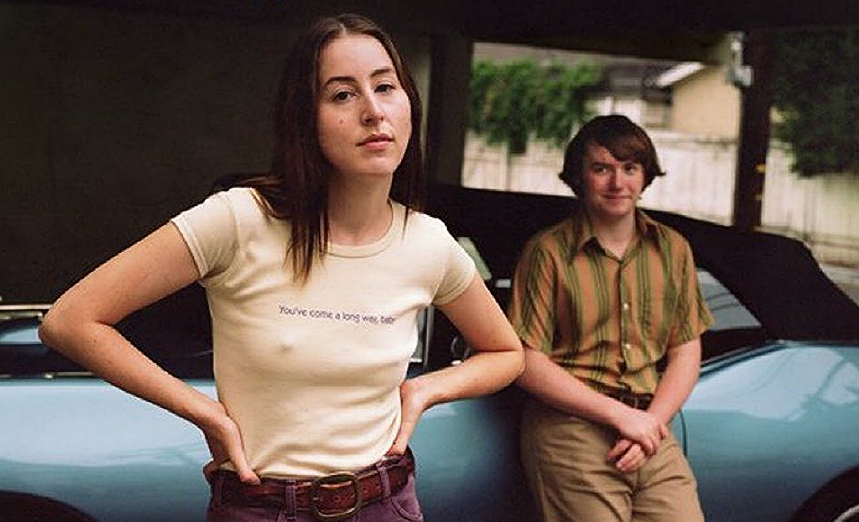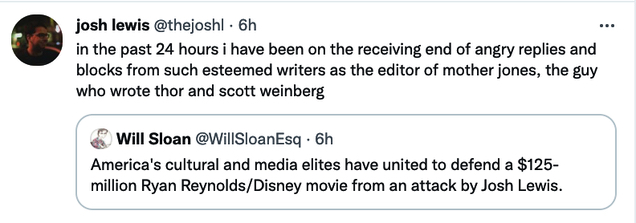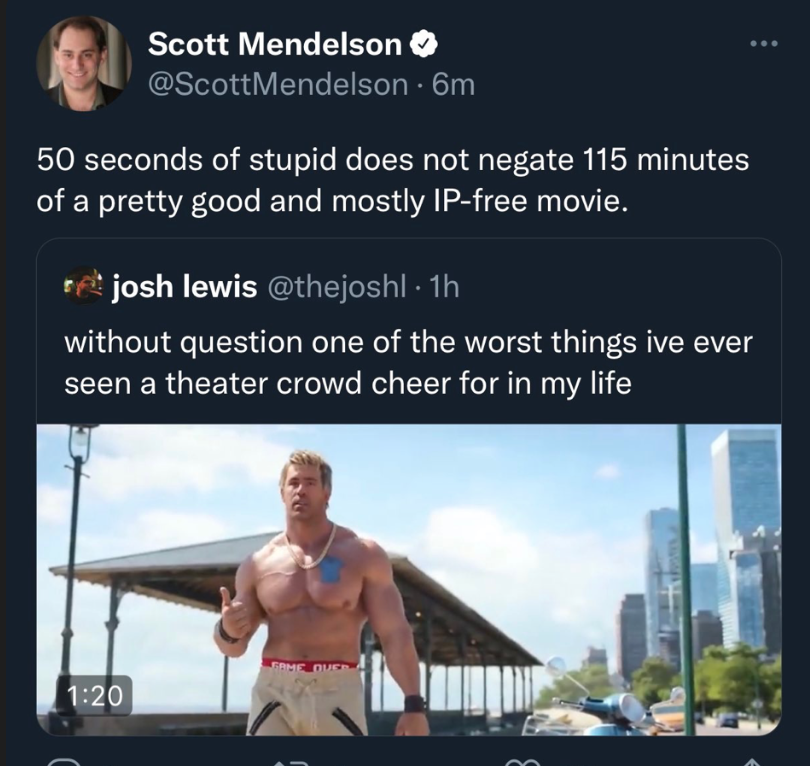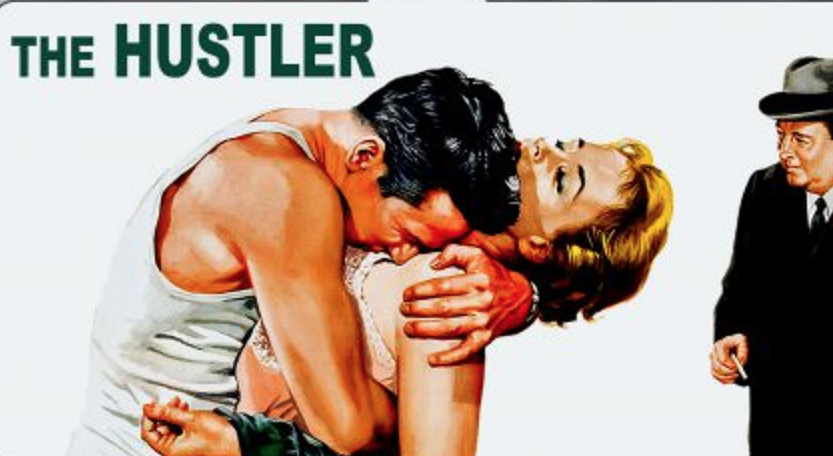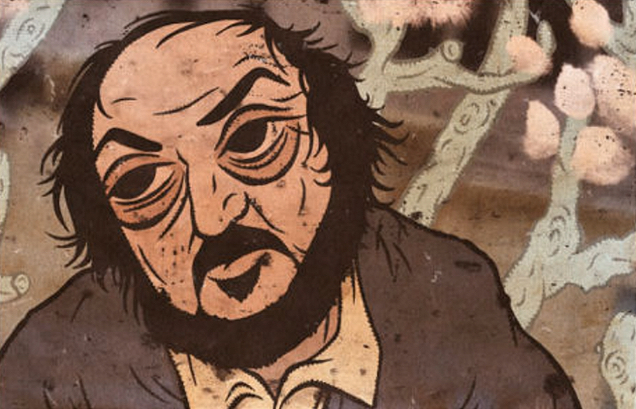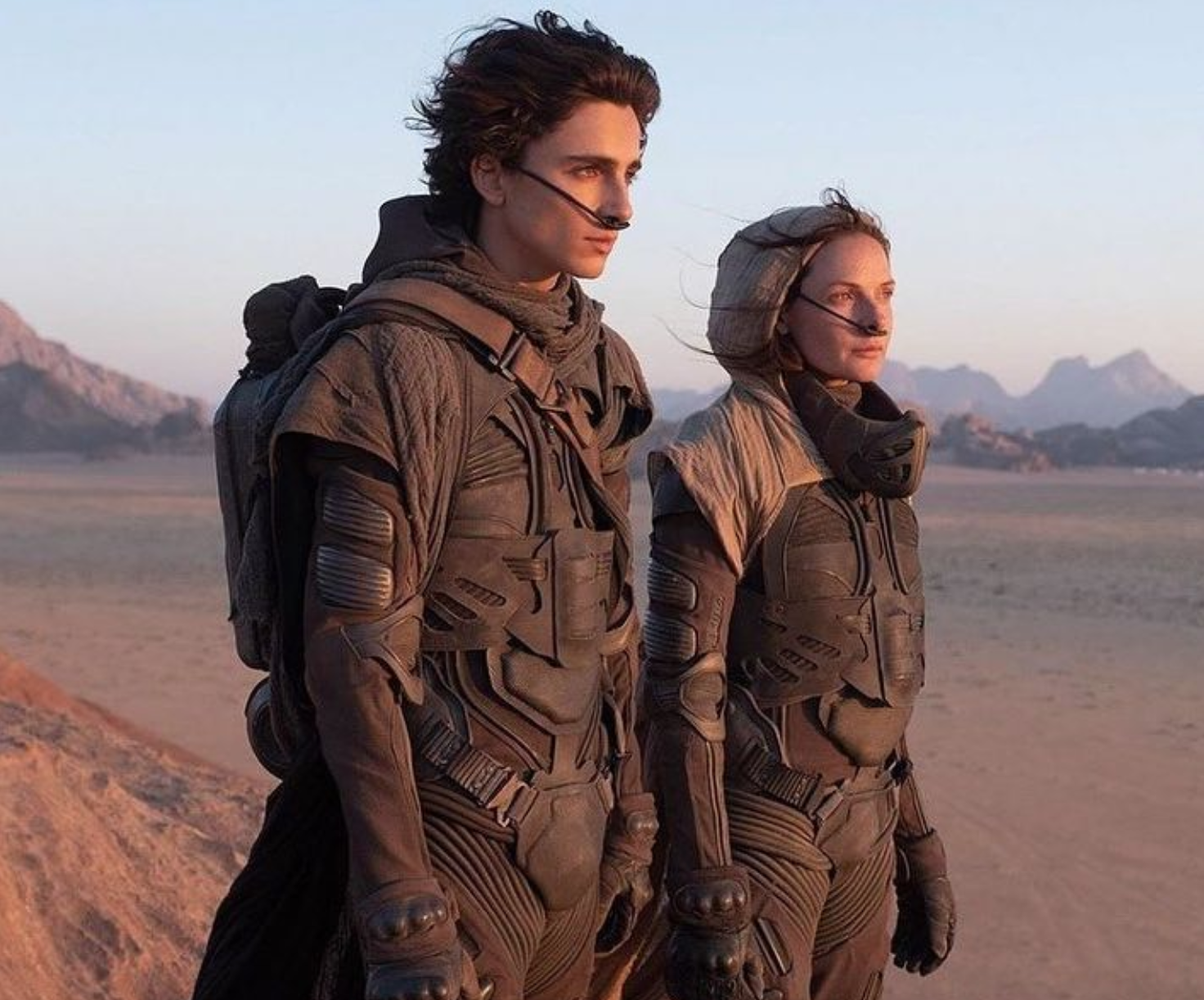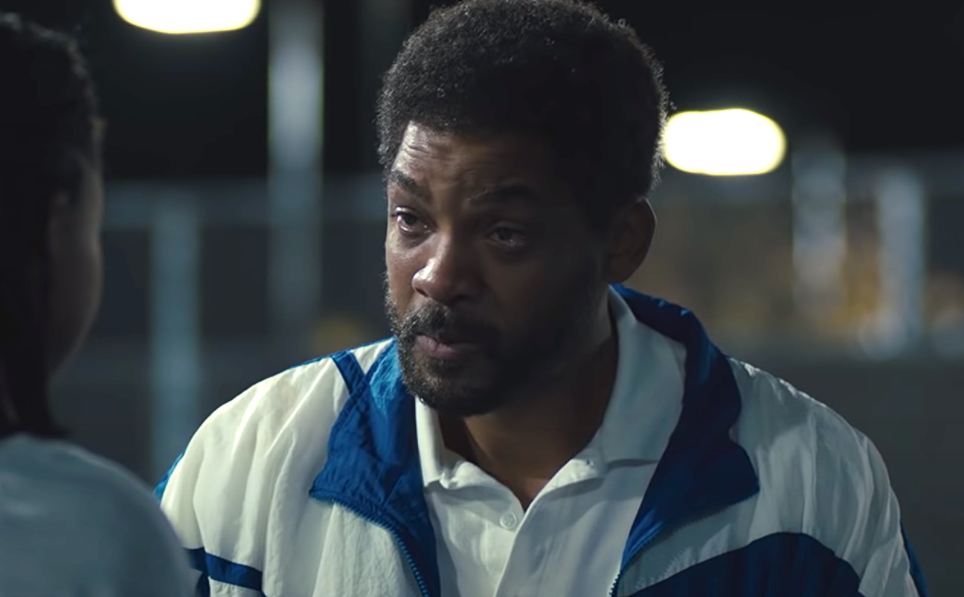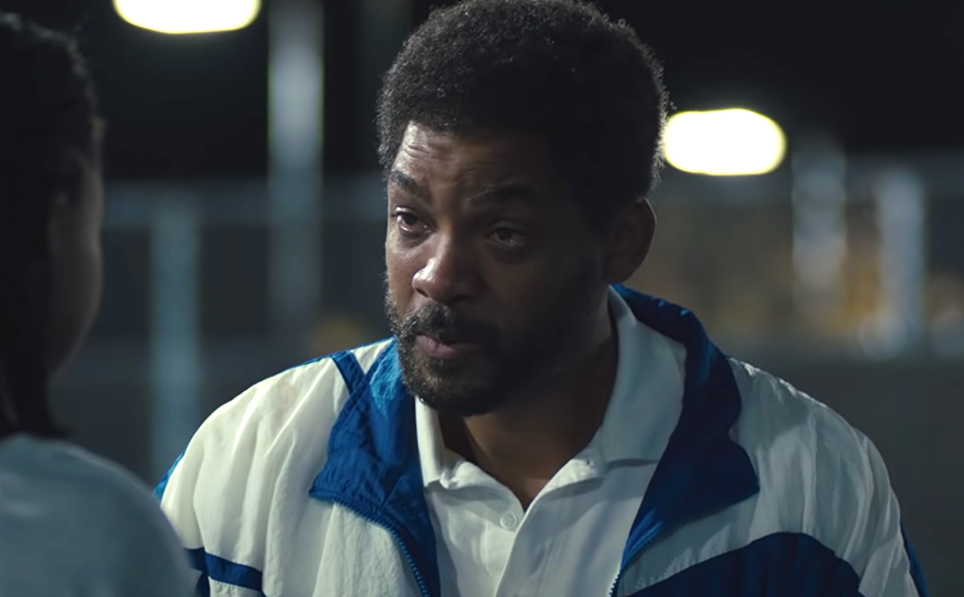Bobby Zarem, the whipsmart, highly-charged, occasionally volatile New York publicist who “conceived” the “I Love N.Y.” campaign and represented a cavalcade of big Hollywood clients (Sylvester Stallone, Jack Nicholson, Eddie Murphy, Alan Alda, Cher, Dustin Hoffman, Michael Caine, Sophia Loren, Arnold Schwarzenegger, Pee-Wee Herman) during his ’70s and ’80s heyday, and whom I dealt with as a Manhattan-based journalist from the late ’70s to ’83 and worked for in Los Angeles in ’85 and ’86….poor Bobby died today in his home town of Savannah.
Lung cancer got him. Zarem was 84. I somehow can’t imagine Bobby being in heaven or in hell. I kinda see him hovering over Savannah now, but without angel wings. That town is full of ghosts.
Somewhere along the way Zarem picked up the name “super-flack.” He certainly seemed to earn that title during his peak period. To me he became a p.r. legend when he was chased down a street by protestors during the shooting of Fort Apache, The Bronx, somewhere near City Hall. That’s when Zarem, already noted for his colorful manner and being a mainstay at Elaine’s and whatnot, seemed to become a brand…an embodiment of the spirit of rough-and-tumble, pre-corporate, pre-Giuliani Manhattan…the vaguely odorous city captured by Sidney Lumet‘s Prince of the City, and which no longer exists.
Bobby was a character…a tireless, Yale-educated, quintessential Manhattan operator…hustler, gadfly, human locomotive, idea man.
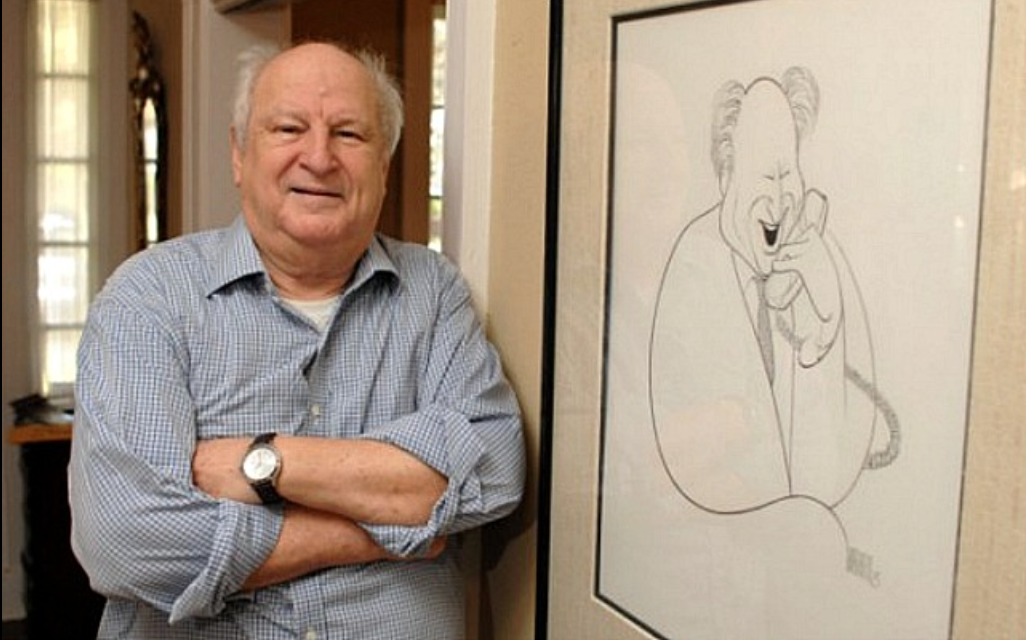
It’s not as if Zarem was often angry or arguing. He was primarily a charmer and an enthusiast. But when he got angry he was amazing. I remember being deeply impressed by his ability to tear people’s heads off without degenerating into sputtering incoherence. When Bobby was pissed he became a kind of dinosaur, a force of nature — the back of his neck and face would turn almost cherry red — but he was always lucid and razor-tongued. I remember saying to myself once, “Wow, I wish I could be that intellectually commanding when I get angry.” But I could never manage it, which is one reason why I’ve always turned it down.
Zarem was driven, neurotic, larger than life, meticulous, a bundle of nerves, occasionally volcanic and every inch a New Yorker. He was a magnificent schmoozer. His hair wasn’t as frizzy as that of Larry Fine of the Three Stooges, but I sometimes regarded him as Fine-like, if you could re-imagine Fine as one of the smartest stooges to ever walk the earth.
I last saw Bobby when he invited me to his Savannah home in…I forget, 2012 or thereabouts. I don’t want to dissect the arc of his wild career or his character traits, and I’ll leave the N.Y. Times-like obits to the Times and other major-reach organs, but Zarem’s Wiki page makes for great reading.
Here’s a rundown of things I’m thankful to Zarem about…things that happened or were made possible by his largesse or whim:
(a) By working with and for Zarem I savored occasionally glancing, sometimes fascinating face-time with Sylvester Stallone, Jack Nicholson, Jane and Peter Fonda, Mick Jagger and Keith Richards, Kirk Douglas, Andy Vajna and Mario Kassar, Pee-Wee Herman…more names and faces than I can actually recall off the top.
(b) I became one of Douglas’s flirtations back in ’82 after an Elaine’s luncheon thrown by Zarem on behalf of the yet-to-shoot Eddie Macon’s Run. I was subsequently flown to Laredo to report on the shooting of that film for the New York Post. Universal publicity conveyed a certain disappointment that my article didn’t mention Eddie Macon’s Run more often, and that I spent too many paragraphs talking about Douglas’s career. Bobby dutifully called to inform me of their disappointment, adding that “this isn’t the end of the world.”
Douglas talked about anything and everything during our chats, and I remember his being fairly wide-open with his impressions about Stanley Kubrick (i.e., “Stanley the prick”), with whom he’d famously partnered on Paths of Glory and Spartacus. I told him I half-loved the foyer freakout scene with Lana Turner in The Bad and the Beautiful. And much of The Devil’s Disciple. And almost all of Champion. And every frame of Paths of Glory and Lust for Life and Lonely Are The Brave.
Read more



